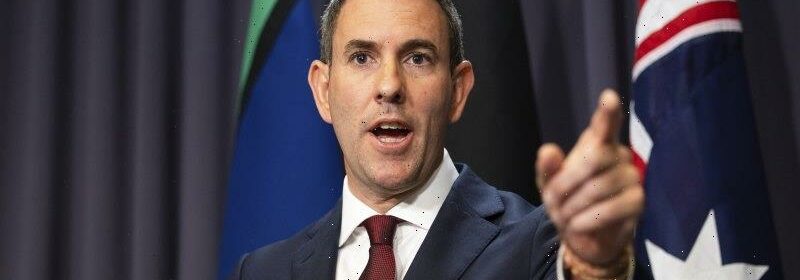Australia news LIVE: Treasurer warns of global recession; country marks 20 years after Bali bombings

Key posts
- World recession risk weighs on budget
- This morning’s headlines at a glance
-
1 of 1
World recession risk weighs on budget
Treasurer Jim Chalmers says he is prepared to make last-minute changes to this month’s budget to avoid inflicting financial pain on the country as the International Monetary Fund warns the global economy is on the cusp of a recession.
Before heading to Washington last night for the autumn meeting of the IMF, central bankers and finance ministers from around the globe, Chalmers said while he did not expect Australia to go into recession in 2023, a global downturn would probably slice growth and push up unemployment here.
Jim Chalmers, who is heading to Washington for the autumn IMF meetings, says he will change the budget if the global economic situation warrants it.Credit:Alex Ellinghausen
Releasing its latest forecasts overnight, the IMF said it believed four in 10 economies would suffer a recession over the next 12 months.
It downgraded its expectations for Australia’s economy, tipping it to grow by 1.9 per cent through 2023, with inflation to average 4.8 per cent next year. In April, the IMF was forecasting the local economy to grow by 2.5 per cent next year, with inflation around 2.7 per cent.
Read the full story here.
Voters back tougher privacy rules, penalties to protect personal data
Australians want stronger privacy rules to stop companies storing personal data after they use it to sign up customers, with 77 per cent of voters supporting the change after the exposure of millions of accounts in the Optus data breach.
A clear majority of Australians also back tougher fines for companies that leave their systems vulnerable to data theft, with 59 per cent in favour of penalties worth many millions of dollars.
The exclusive Resolve Political Monitor findings highlight the community support for a stricter regime to safeguard information from driver licences, passports, birth certificates and other documents often used to open accounts and stored for years by banks, retailers, phone companies, energy providers, government agencies and others.
With the federal government signalling new rules following a political fight over the blame for the Optus data theft, 68 per cent of voters believe Optus was most at fault for the breach and only 11 per cent held the government responsible, with 21 per cent unsure.
More on the results here.
This morning’s headlines at a glance
Good morning and thanks for your company.
It’s Wednesday, October 12. I’m Broede Carmody and I’ll be anchoring our live coverage for the first half of the day.
Here’s what you need to know before we get started.
- Today marks 20 years since the Bali bombings. Memorial services will be held at Parliament House in Canberra, the beachside suburb of Coogee in Sydney and at the Australian Consulate General in Indonesia.
- Treasurer Jim Chalmers says he’s willing to make last-minute changes to this month’s federal budget following a trip to Washington to meet with finance ministers from around the globe. The treasurer flew to the United States last night. It comes as the International Monetary Fund warns there could be a global recession.
- The majority of voters want tougher privacy rules, according to new polling. The results follow last month’s Optus data breach.
- Australians could soon request electric-only vehicles on Uber as part of the company’s goal to achieve net zero emissions by 2040. It comes amid a debate about whether drivers should be paid an hourly wage.
- In international news, NATO members are tightening security around critical infrastructure following Russia’s escalated attacks on Ukraine. And King Charles III’s coronation will occur in early May.
-
1 of 1
Most Viewed in National
Source: Read Full Article
